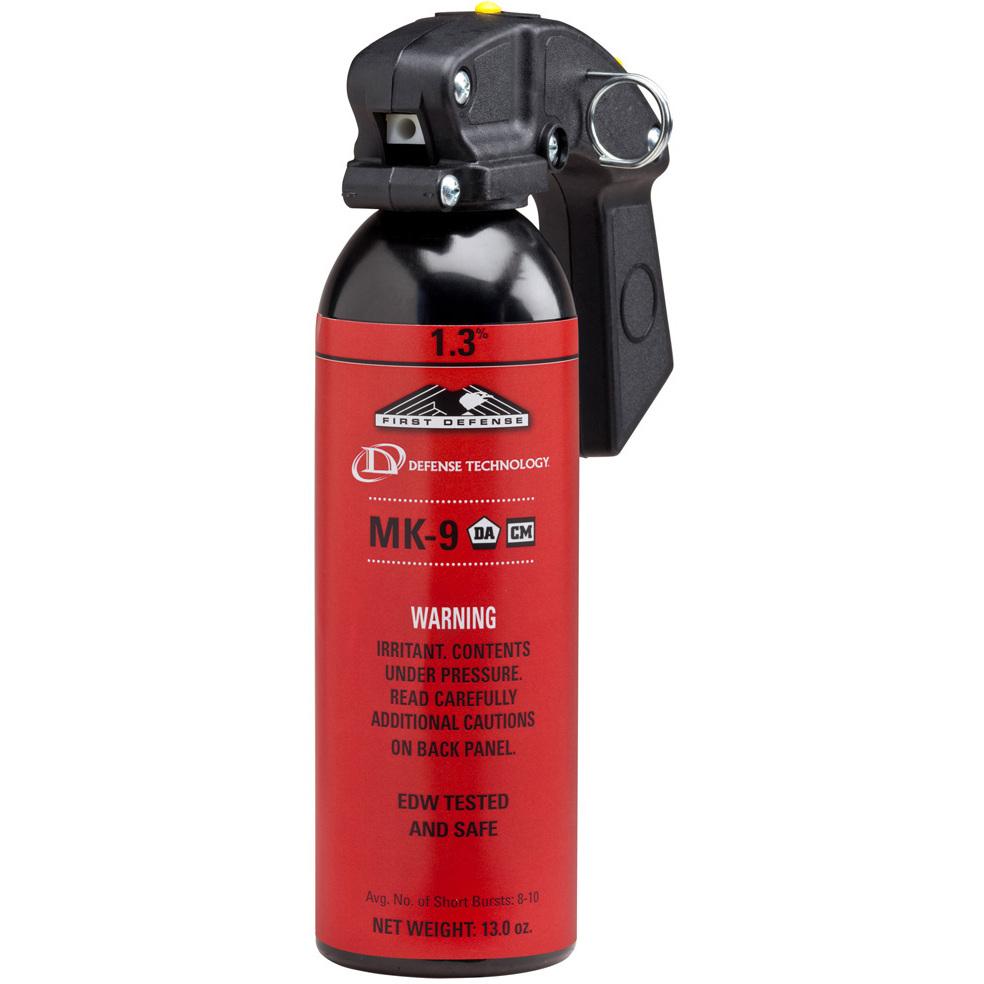Table of Contents
- Understanding Legal Liability in Pepper Spray Use
- Key Components of Pepper Spray Certification Standards
- How Certification Protects You Legally and Physically
- Best Practices for Maintaining Compliance and Safety
- In Conclusion
Understanding Legal Liability in Pepper Spray Use
When it comes to using pepper spray, understanding the scope of your legal responsibilities is crucial. Certification programs are designed not only to teach effective and safe handling techniques but also to clarify the boundaries of lawful use. Certified individuals are typically educated on state and local laws, emphasizing that misuse-even with certification-can result in serious consequences, including criminal charges or civil lawsuits. It’s important to note that certification does not grant unlimited permission; rather, it outlines acceptable scenarios such as self-defense situations where the use of force is justified.
Moreover, holders of pepper spray certification should be aware that legal liability extends beyond just how the spray is deployed. This includes:
- Proper storage and handling to prevent accidental discharge
- Using the spray only as a last resort after trying to de-escalate conflict
- Recognizing environments where pepper spray use is prohibited, such as certain public areas or workplaces
- Understanding the repercussions of using it against non-threatening individuals
By mastering these legal nuances, certification holders can protect themselves from inadvertent legal pitfalls and ensure their actions remain defensible under law.
Key Components of Pepper Spray Certification Standards
Certification standards for pepper spray are meticulously designed to ensure both effectiveness and safety. These standards typically encompass the active ingredient concentration, delivery mechanism, and labeling requirements to meet legal and regulatory criteria. For instance, the amount of oleoresin capsicum (OC) must be within a specified range to guarantee immediate incapacitation without causing permanent harm. Additionally, the spray must have a consistent pressure output to avoid excessive force, while the container must be durable enough to prevent accidental discharge during normal handling.
Beyond the product specifications, the certification process often evaluates the training protocols that accompany pepper spray distribution. Proper certification mandates that users are educated on the legal implications, ethical use, and de-escalation techniques tied to pepper spray deployment. Packaging and instructional materials must clearly outline safety warnings, correct usage, and first-aid procedures following exposure. Together, these components create a comprehensive framework that manufacturers, distributors, and users must adhere to, helping mitigate legal liabilities and promote responsible use of this self-defense tool.
How Certification Protects You Legally and Physically
Obtaining certification for using pepper spray equips you with critical knowledge that helps shield you from legal repercussions. Certified training ensures you are well-versed in the laws governing possession and use in your jurisdiction, significantly reducing the risk of unlawful deployment. This includes understanding when and how pepper spray can be used legitimately, what qualifies as self-defense, and the importance of responsible handling. In many cases, certification can serve as proof of your commitment to safe practices, which can be an essential factor during legal proceedings or disputes.
Beyond the legal safeguards, certification also enhances your personal safety by teaching effective techniques and situational awareness. Participants learn how to deploy pepper spray accurately under stress and handle it responsibly to avoid accidental injury. The training covers crucial physical safety aspects such as proper storage, maintenance, and recognizing when to engage or avoid confrontation. With these skills, you not only defend yourself effectively but also protect bystanders and minimize the risk of escalating a dangerous situation. Ultimately, certification provides a comprehensive framework that benefits both your legal standing and physical well-being.
- Clarity on legal boundaries for pepper spray usage
- Proof of responsible weapon handling for courts or law enforcement
- Enhanced confidence through practical usage scenarios
- Reduced risk of injury to self and others
Best Practices for Maintaining Compliance and Safety
Ensuring ongoing compliance and safety when handling pepper spray goes beyond initial certification. Regularly reviewing updated local and federal regulations is crucial, as laws can shift unexpectedly, impacting legal usage and storage requirements. Additionally, staying informed about product recalls or modifications to certification standards can prevent liability and promote responsible ownership. Employing secure storage solutions and conducting periodic functionality checks on devices guarantees that the spray remains effective while reducing accidental discharges or misuse.
Adopting a proactive approach by instituting clear personal guidelines enhances both safety and legal protection. Consider implementing:
- Mandatory refresher training sessions to reinforce proper handling and situational awareness.
- Documentation protocols for any incidents involving pepper spray to support legal clarity.
- Community engagement or workshops to foster responsible use among peers.
By integrating these strategic practices, pepper spray users can mitigate risks and affirm adherence to safety standards that safeguard not only themselves but also the community.
In Conclusion
In conclusion, understanding the scope of legal liability in relation to pepper spray certification is crucial for responsible ownership and use. Certification programs not only equip individuals with the knowledge to handle pepper spray safely but also clarify the legal boundaries and protections involved. By staying informed about these regulations and maintaining proper certification, users can ensure they are prepared to act within the law, minimizing personal risk and promoting public safety. Whether for self-defense or professional purposes, knowing what your certification covers is the key to using pepper spray confidently and responsibly.Check Our Other Blogs
- StunGun – Your Trusted Source for Stun Guns, Laws, and Self-Defense Tips
- PepperSprayLaws – Your Trusted Resource for Pepper Spray Information
- StunGunLaws – Your Trusted Guide to Stun Gun Legality and Safety




